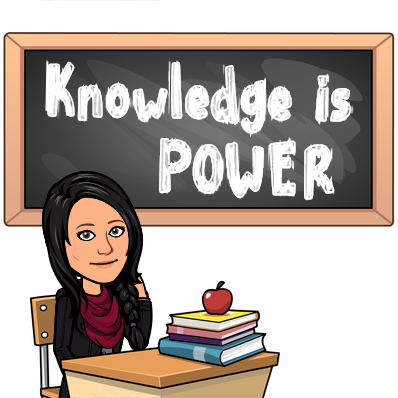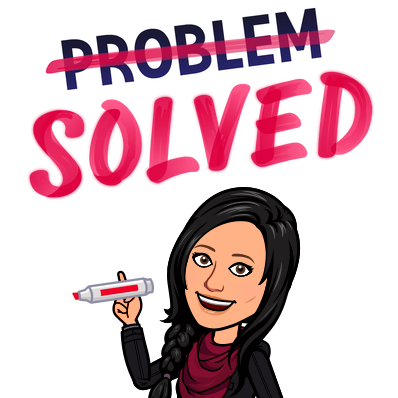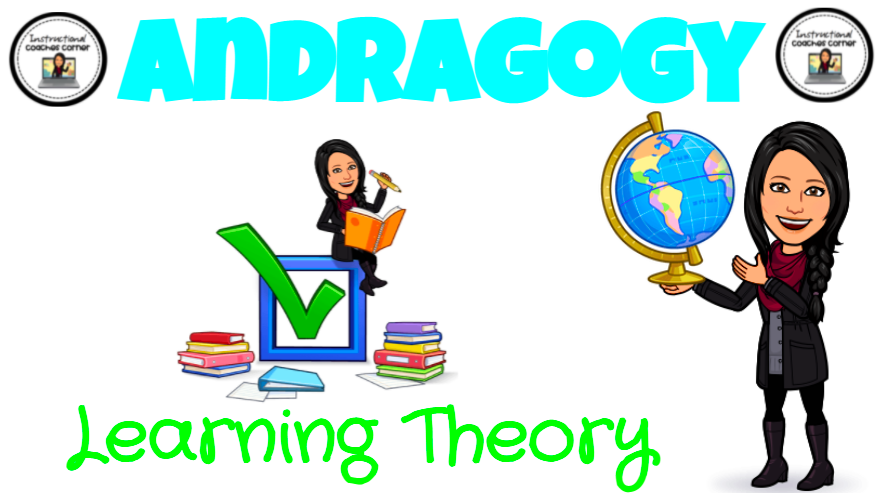Adult Learning Theory
Malcolm Knowles (1913-1997) was an American educator well known for his use of the word Andragogy. He describes andragogy as the art and science of adult learning. Therefore, the word andragogy refers to any form of adult learning. The term andragogy is similar to the term pedagogy, which means child-learning, which has been used since Ancient Greek times. Knowles describes adults as complex human beings that learn differently than children. In his attempt to document the differences between the way adults and children learn, he popularized the concept of andragogy, which was originally coined by German educator Alexander Kapp in 1833. Knowles’ work has provided a fundamental framework for adult learning and education. His six assumptions drive the adult learning theory. Knowles also believes that there are four principles that apply to andragogy.
4 Principals
- Adults need to be involved in planning and evaluating their instruction.
- Experience is the basis for learning.
- Adults flourish when learning can be applied immediately and is relevant to their real world situations.
- Adult learning is problem-based.

Assumption #1: Self-Concept
As a person matures, his/her self-concept moves from being dependent on the direction of a teacher to independent, self-directed learners. When designing learning experiences for adult learners it’s important to scaffold instruction into consumable chunks that the learner can work through independently. This will guide their self-paced learning. This instruction is best if structured so learners can work at their own pace with minimal instructor intervention. This is best designed with clear expectations, learning outcomes, and a follow-up plan for feedback.
Curriculum Design Ideas:
- Create a before you begin module with clear objectives, goals and learning outcomes
- Include a user guide
- Include a support/Contact Me section
- Simulations
- Scenarios
- Gamification
- Collaboration projects
- Audio, video, and text options
- Study Groups
- Self-Study
- Clearly state learning goals and learning outcomes

Assumption #2: Learner Experience
As a person matures, he/she grows a vast array of knowledge, that becomes an important resource for learning. Adults retain experiences and reference them for further learning purposes. They become more intuitive with age and learn from past mistakes. When working with adult learners it’s important to build on their past experiences, skills, background knowledge, and level of skill. It is also to take diversity into account by including opportunities for participants to share their cultures, skill sets, and past experiences. In many instances, peers are the best resources for one another.
Curriculum Design Ideas:
- Survey your audience (pre-assess) skills and assess gaps
- Build-in peer learning opportunities
- Group discussions
- Collaboration
- Utilize social media & online collaboration tools
- Build-in opportunities for reflections
- Create problem-based activities

Assumption #3: Readiness To Learn
Adults are more ready to learn when the experience is relevant and useful to their immediate needs, personal or professional growth, or the development of a new skill set. It is important to tie what is being learned back to real-world applications of the skill. Providing context of how the new learning can be applied is one of the most important aspects to consider when designing learning experiences for adults. This assumption focuses on engaging the learner to learn.
Curriculum Design Ideas:
- Build-in voice and choice
- Create action plans or goal-setting plans
- Connect learning to the district, department, and team goals
- Ensure learning is relevant and useful- (not a waste of time)
- Provide context for the learning: Share the why

Assumption #4: Orientation To Learning
Adult learners’ priorities are life-focused as opposed to content-focused. This means that tasks should be problem-based, task-based, and solution-oriented. This assumption focuses on engaging the adult learner as they learn. This gives adult learners the means to immediately apply what has just been learned or discovered.
- Make learning task orientated
- Share the “why”
- Problem/project-based learning
- Share real-world application ideas
- Microlearning- break learning into small quickly consumable units
- Just in time learning

Assumption #5: Learner Motivation
When we are younger our motivation to learn is more external, meaning we are motivated by external rewards such as good grades, positive praise, and attention. As we grow older, our motivation turns inward. Adults are motivated by internal rewards such as boosting self-esteem and developing new skills.
Curriculum Design Ideas:
- Build self-efficacy
- Boost self-esteem

Assumption #6: Problem-Centered Focus
Adults need an immediate application for their learning and are more interested in learning to solve problems rather than acquire information about the content. Adults are problem-solvers and learn by doing rather than by memorizing.
- Match appropriate resources to tasks
- Design learning opportunities using problem-based learning
- Design learning opportunities using project-based learning
- Design learning opportunities using work-based learning

Andragogy Pros And Cons
Pros
- Geared towards how adults learn best
- Self-directed learning
- Voice and choice
- Collaboration
- Incorporates different points of view
- Blends formal and informal learning
- Just in time learning: More convenient for adults
- Real-world learning
- Understanding how adults learn can be helpful in designing learning experiences to pinpoint their needs
Cons
- Not unique to adults
- Children also benefit from all assumptions
- Culture blind- may neglect races and cultures
- Difficult for those with low literacy or lack of independence or confidence
- It may be difficult for the instructor to plan because participants should have a say in the planning and evaluation process
- Learning is relevant to the task: as soon as it’s not relevant, learners will disengage
- Relies heavily on self-motivation
- Pits formal and informal education against each other
- Lack of time: adults are busy and may struggle to find time to focus on the task
References
Caruso, S. (2021). Malcolm Knowles and the Six Assumptions Underlying Andragogy. Retrieved 27 May 2021, from https://hrdevelopmentinfo.com/malcolm-knowles-and-the-six-assumptions-underlying-andragogy/#:~:text=The%20six%20assumptions%20underlying%20andragogy%2C%20as%20theorized%20by%20Knowles%2C%20are,Caffarella%2C%20%26%20Baumgartner%2C%202007)%3A
Yupangco, J. (2021). The Andragogy Secret: How To Use Adult Learning Theory To Drive L&D Engagement Success. Retrieved 27 May 2021, from https://www.lambdasolutions.net/blog/andragogy-secret-how-to-use-adult-learning-theory-to-drive-ld-engagement-success
The Adult Learning Theory – Andragogy – of Malcolm Knowles – eLearning Industry. (2021). Retrieved 27 May 2021, from https://elearningindustry.com/the-adult-learning-theory-andragogy-of-malcolm-knowles
